Implementation Is Just the Beginning — Ongoing Support Is What Makes Automation Work
Most healthcare leaders worry less about the implementation itself and more about what happens after go-live.
Common questions include:
- “Will our staff get the help they need?”
- “What if payer rules change?”
- “Who maintains the workflows?”
- “How do we get support when volume spikes?”
- “Will we need more internal IT resources?”
The truth is this:
Automation only succeeds long-term when vendors provide strong, ongoing support, training, optimization, and partnership.
Here is the type of post-implementation support modern healthcare automation vendors — especially enterprise-grade platforms like Honey Health — should provide.
1. Dedicated Customer Success Manager (CSM)
A single point of contact ensures smooth operations and continuous improvement.
What this person provides:
- Strategic guidance
- Regular check-ins
- Workflow performance reviews
- Priority management
- Coordination with product/engineering
Impact:
Organizations never feel lost or unsupported — someone owns the relationship end-to-end.
2. Ongoing Workflow Optimization
Healthcare operations evolve. Automation must evolve with them.
Vendors provide:
- Updates to workflows
- Adjustments to routing logic
- Payer-driven workflow changes
- Optimization of intake/PA/referral processes
- Refinements based on staff feedback
Impact:
Workflows stay efficient and aligned with real-world operations.
3. Real-Time Monitoring and Issue Resolution
Enterprise-grade automation platforms continuously monitor:
- System uptime
- Integration health
- EHR API connections
- Document ingestion pipelines
- Payer portal behavior
- Workflow latency
- Automation accuracy
Impact:
Issues are detected and resolved before staff even notice them.
4. Continued Training for Staff (Onboarding & New Hires)
Automation vendors provide ongoing education for all staff — not just at go-live.
Includes:
- Training for new hires
- Refresher sessions for existing teams
- Specialty-specific workflow training
- Guides and documentation
- Recorded videos
- On-demand help
Impact:
Staff always know how to use the automation platform correctly.
5. In-App Guidance and Knowledge Base Resources
Strong vendors include:
- Step-by-step how-to guides
- Snackable training videos
- FAQ libraries
- Playbooks for clinical, scheduling, and RCM teams
- Troubleshooting frameworks
Impact:
Teams can self-serve answers instantly without waiting for support.
6. Rapid Response Technical Support
Support teams are reachable through:
- In-app chat
- Support portals
- Phone escalation
- Emergency after-hours channels
Impact:
Staff and leaders get fast help when they need it — not days later.
7. Payer Rule Change Support
Payer rules change constantly.
Automation vendors must:
- Update payer logic automatically
- Notify organizations of changes
- Adjust workflows accordingly
- Monitor denial spikes in real time
Impact:
Organizations stay compliant without researching rules manually.
8. Analytics Review and Operational Coaching
Vendors should regularly review performance with leadership:
- Workflow efficiency
- Denial trends
- Turnaround times
- Staffing impact
- Productivity
- Revenue gains
- Compliance trends
- Bottlenecks
Impact:
Executives get actionable insights — not just raw data.
9. Scalability Support for New Sites, Providers, or Service Lines
As organizations grow, automation must grow with them.
Vendors support:
- Adding new locations
- Expanding specialties
- Adjusting workflows for expanded services
- Integrating additional EHR instances
- Rolling out automation across acquired clinics
Impact:
Growth becomes plug-and-play instead of a heavy lift.
10. Product Upgrades and Continuous Innovation
The best automation vendors push updates frequently, such as:
- New workflow capabilities
- Enhanced AI models
- Improved EHR integration features
- Payer intelligence upgrades
- Security enhancements
- New analytics dashboards
Impact:
The organization benefits from continuous innovation — not static software.
11. Governance and Quarterly Business Reviews (QBRs)
Enterprise vendors conduct regular strategy meetings to:
- Review KPIs
- Benchmark progress
- Align on goals
- Prioritize roadmap requests
- Discuss payer performance
- Plan expansions
Impact:
Leadership gets clarity, foresight, and ongoing strategic partnership.
12. Minimal Reliance on Internal IT Resources
Automation platforms like Honey Health require:
- No infrastructure maintenance
- No local hosting
- Minimal EHR involvement after integration
- No manual updates
Impact:
IT teams stay focused on high-priority internal initiatives.
Why Strong Post-Implementation Support Matters
Organizations with strong vendor support experience:
- Faster staff adoption
- Higher automation accuracy
- More workflow coverage
- Reduced downtime
- Lower compliance risk
- Stronger ROI
- Better throughput
- Less staff burnout
Poor support leads to underutilized systems, frustrated users, and missed ROI.
Why Honey Health Leads in Post-Implementation Support
Honey Health provides:
✔ Dedicated CSM
✔ Hands-on workflow optimization
✔ 24/7 monitoring
✔ Multi-channel technical support
✔ Training for all staff & new hires
✔ On-demand educational resources
✔ Strategic QBRs
✔ Payer rule & workflow updates
✔ Seamless expansion support
✔ Continuous product innovation
Honey Health is not just automation software — it’s a long-term operational partner.

